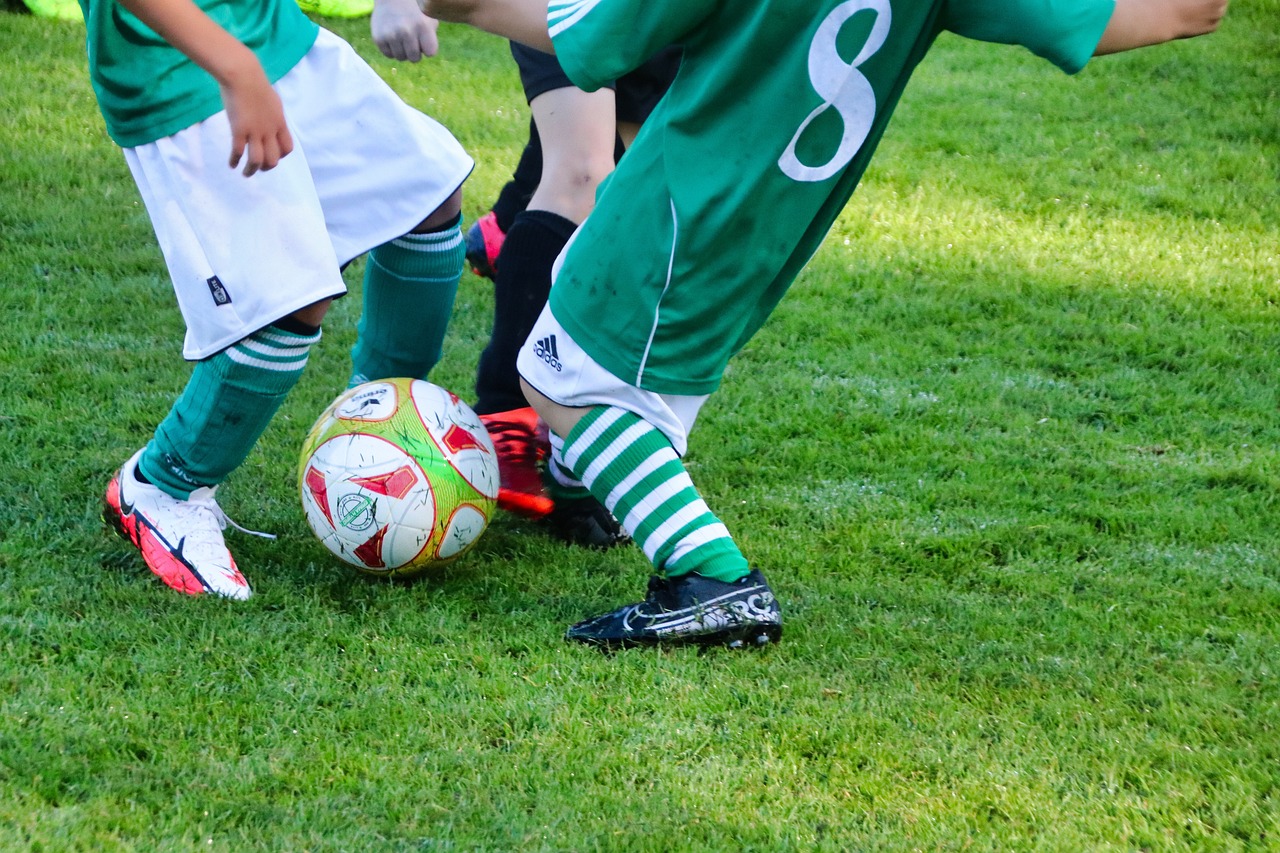For some people, the anxiety that comes with being in large crowds can be debilitating. An expert with Baylor College of Medicine explains why people experience this distress and how friends and family can be supportive of those who have apprehension in big groups.
“Feeling stress when in large groups is very common, especially among people who already have social anxiety,” said Dr. Eric Storch, professor and vice chair of psychology in the Menninger Department of Psychiatry and Behavioral Sciences at Baylor. “We just emerged from a major pandemic, so understandably, people may be hesitant to put themselves in situations they were previously comfortable in.”
Anyone can develop crowd anxiety. Humans naturally feel anxiety, which is a good characteristic in small amounts. As people experience the world, most learn to effectively cope with these feelings, Storch said. Anxiety is caused by multiple factors including being passed down through genetics; however, it is possible for people to develop this distress due to the environmental factors they encounter. Adverse life experiences can also trigger behavioral responses that make people avoid environments that they experienced the trauma in and can even have an impact on their worldview.
“We all see the world through our own lens, and some circumstances have a big impact on people that can change the way they see things,” Storch said. “Crowd anxiety can be a result of this.”
To reduce feelings of anxiety, Storch said a change in perspective is necessary. Friends and family can help with this by first trying to understand the logic that leads to a certain belief that is giving the person with anxiety these feelings. Then try to provide opinions and mindsets of others to see if they resonate with the person feeling anxious. This allows the person with anxiety to take a step back and focus less on the trigger of what causes their anxiety and deconstruct their worldview a bit to reframe their logic. From there, the person with crowd anxiety can slowly work their way back into groups, starting with smaller ones and gradually joining larger ones.
“Cognitive behavioral therapy also is an excellent strategy for people who want to lessen their anxieties, and I encourage people to explore this with a licensed, well-trained therapist,” Storch said.
If you know someone with crowd anxiety, Storch says the best practice is to talk with them when the iron is cold. Before going out, talk with your loved one about where you are going, what to expect and listen to their concerns and anxieties. From there, make a plan on how to approach and effectively cope with the situation.
“When you listen to someone’s worries and anxieties and tell them the reality of what is happening, you give them a chance to stop and process the situation,” Storch said. “Be patient and be there for them.”








